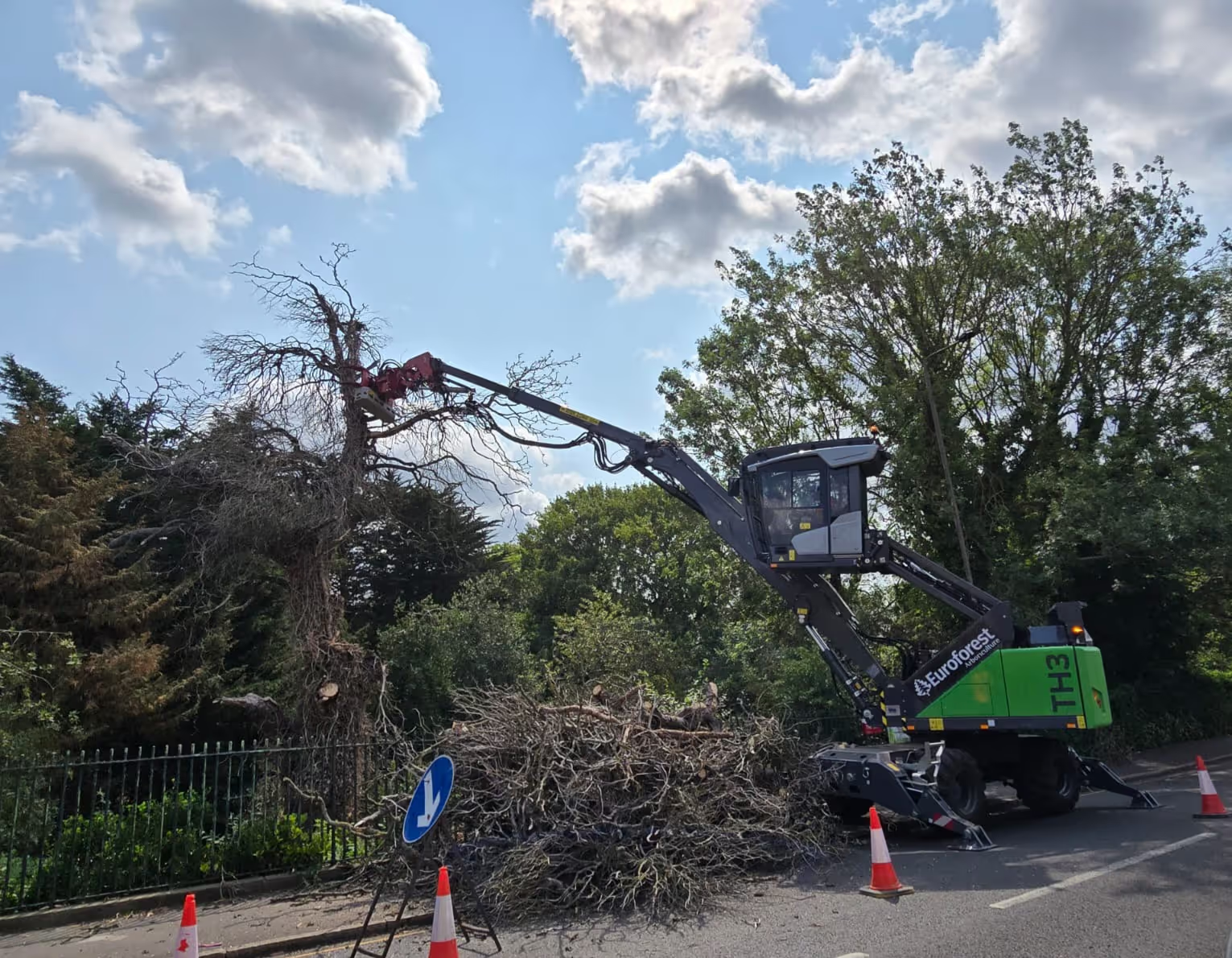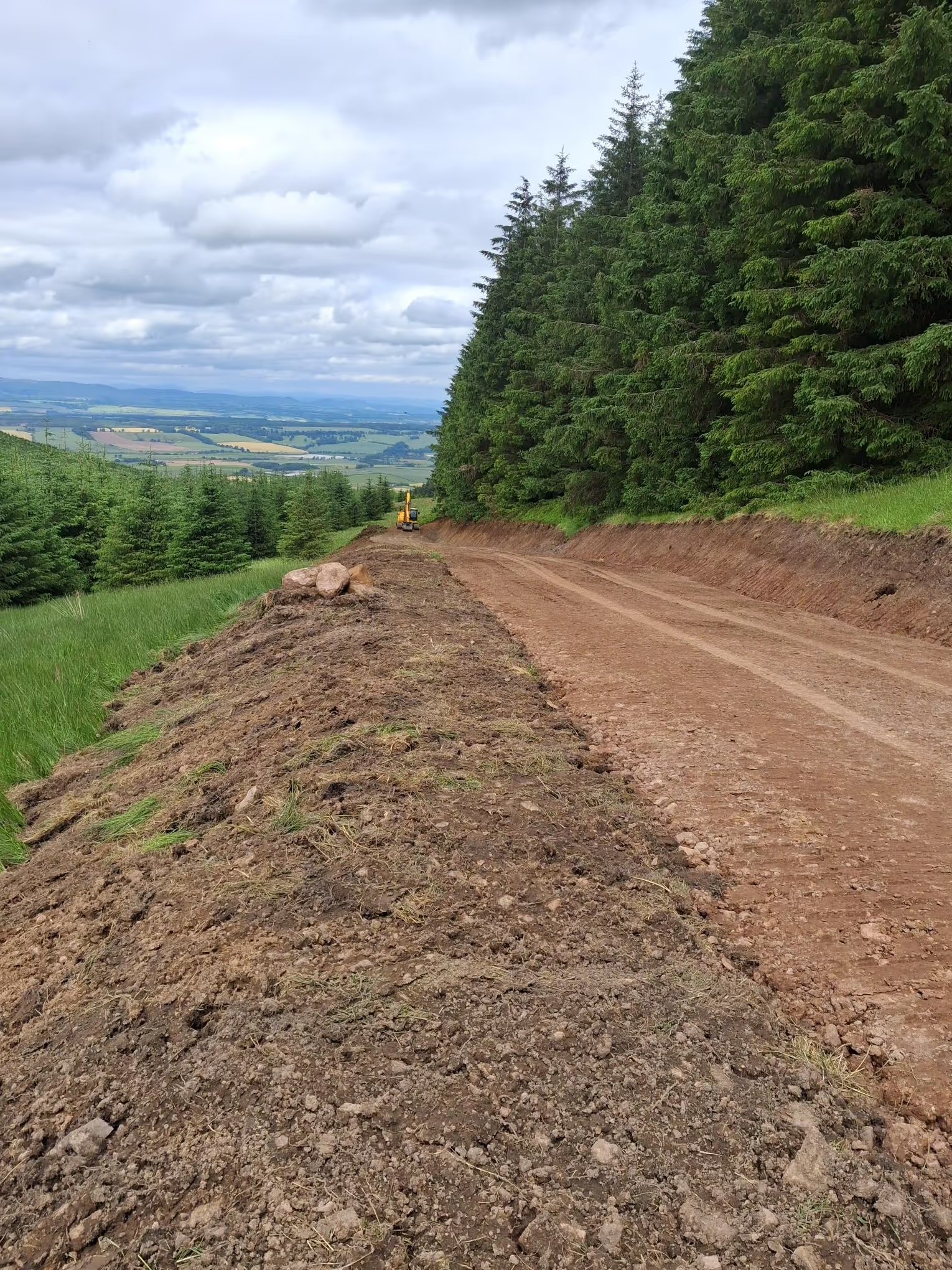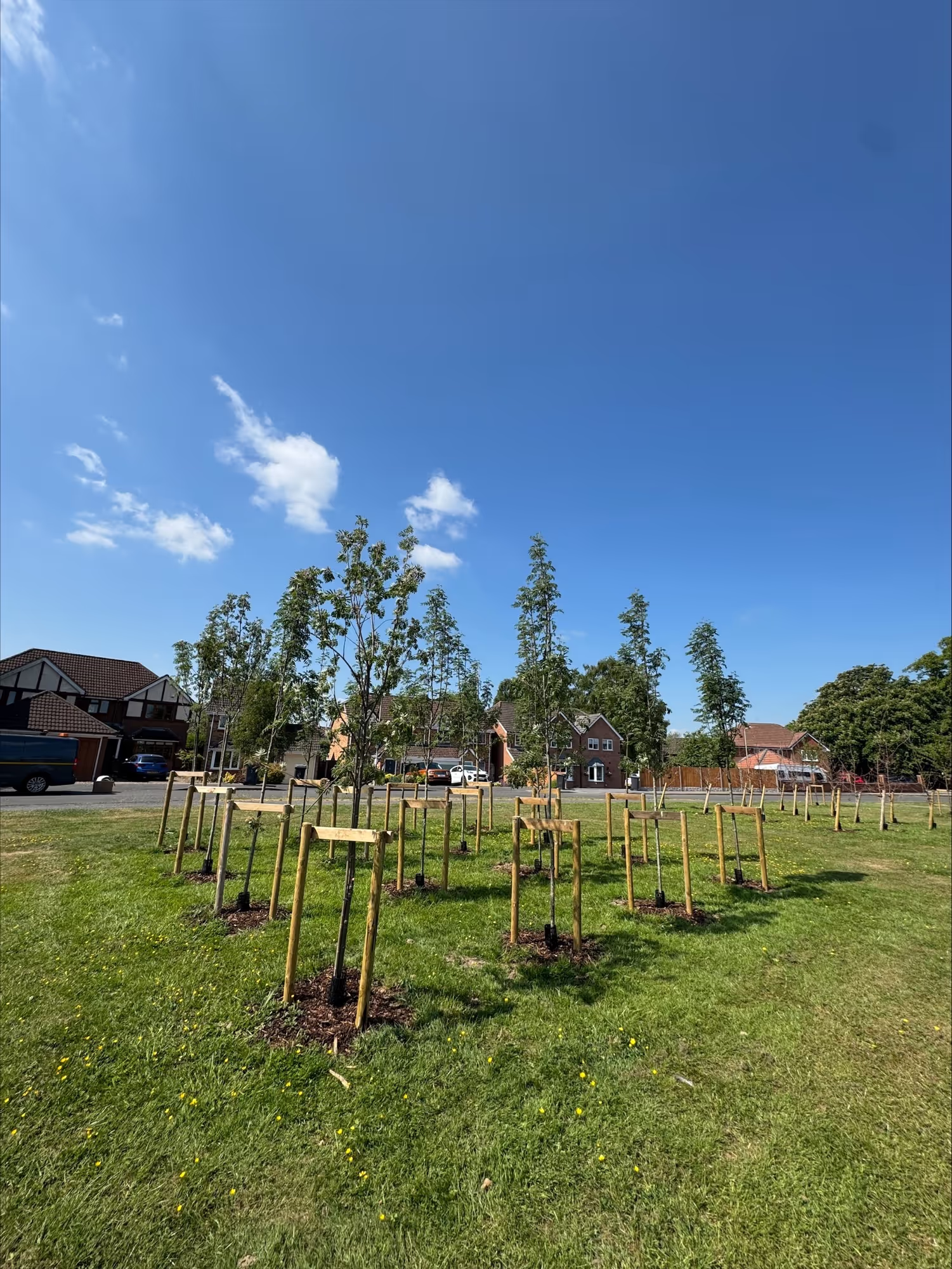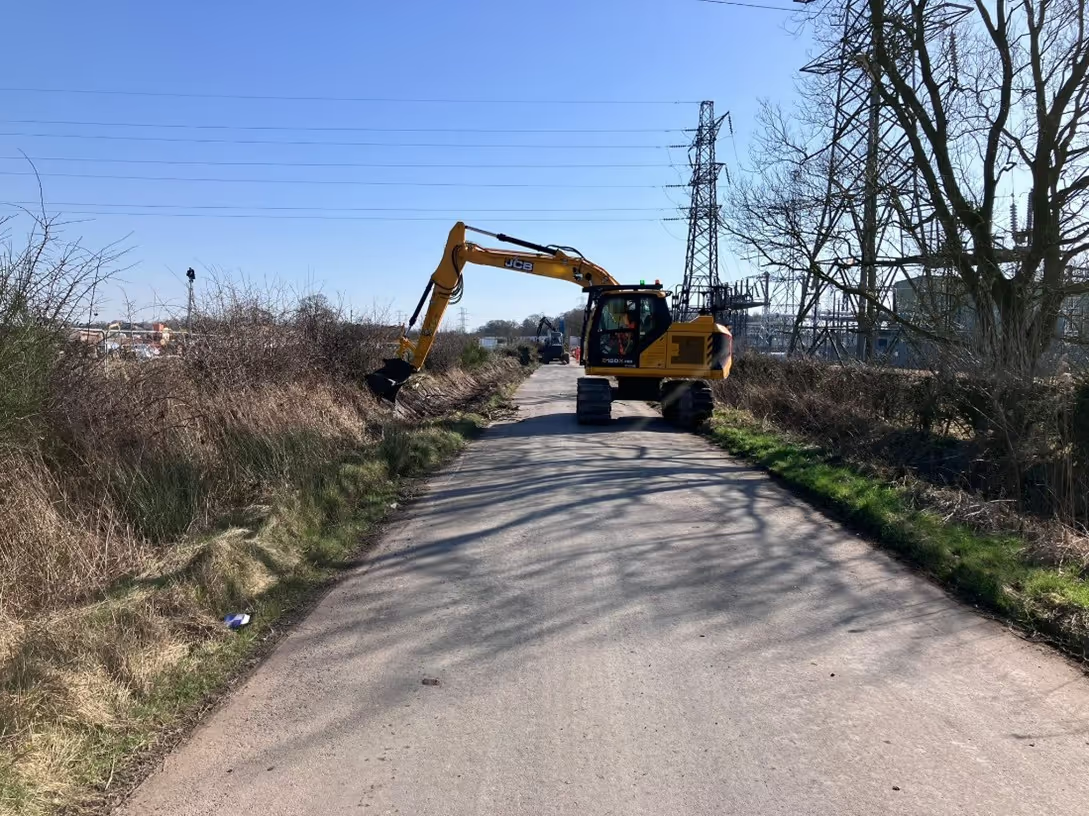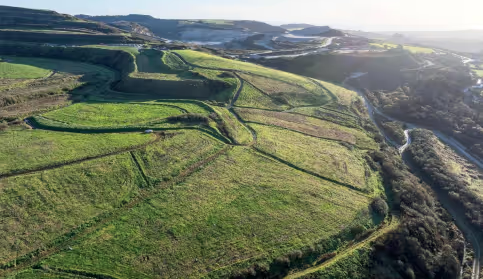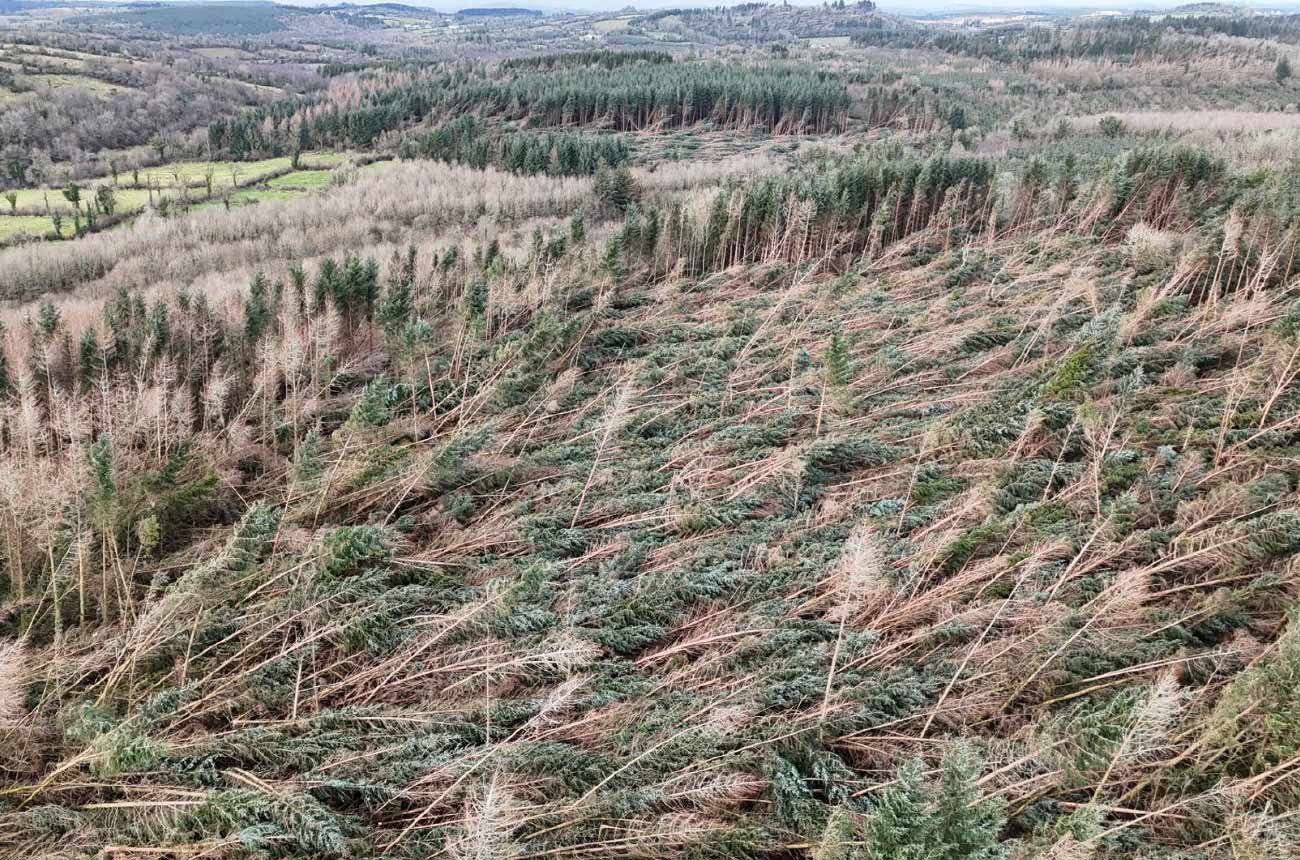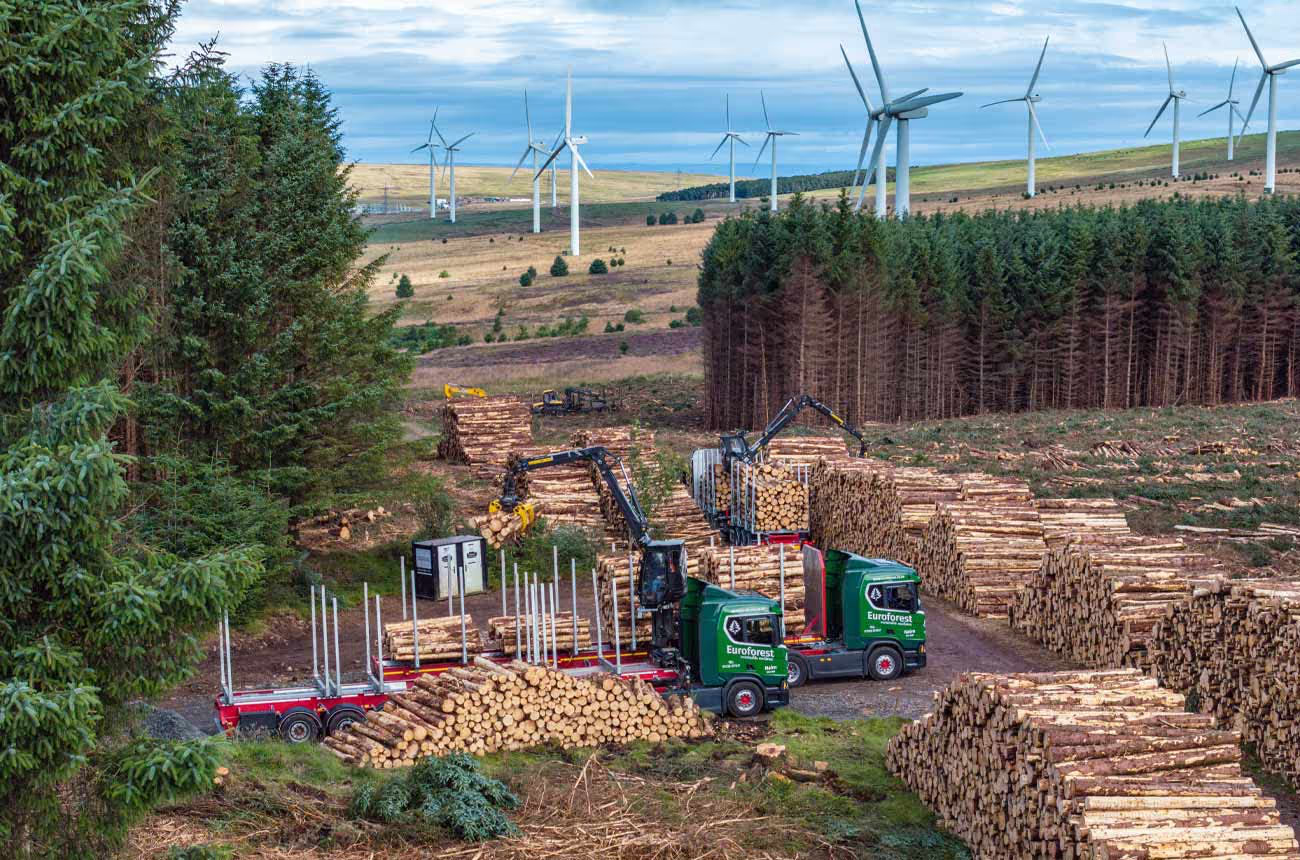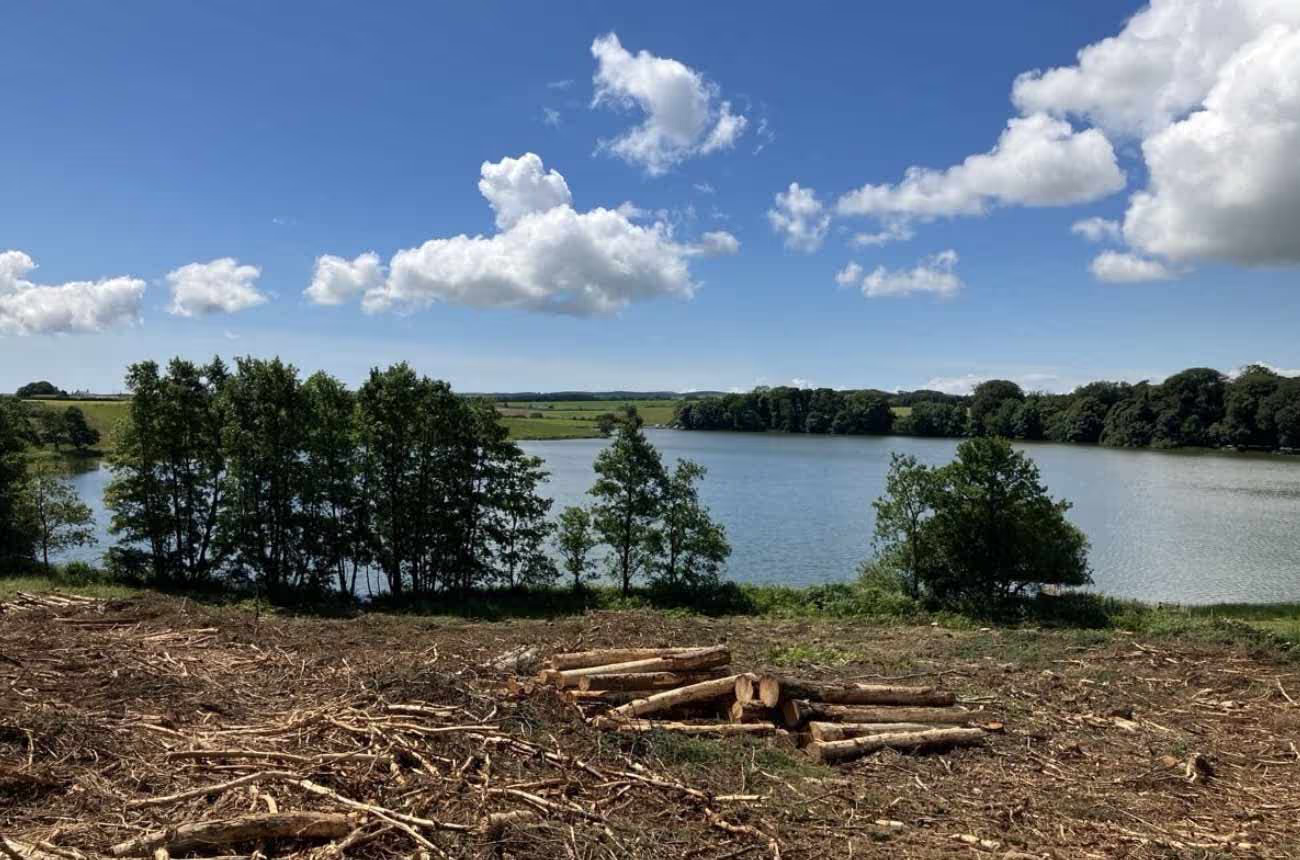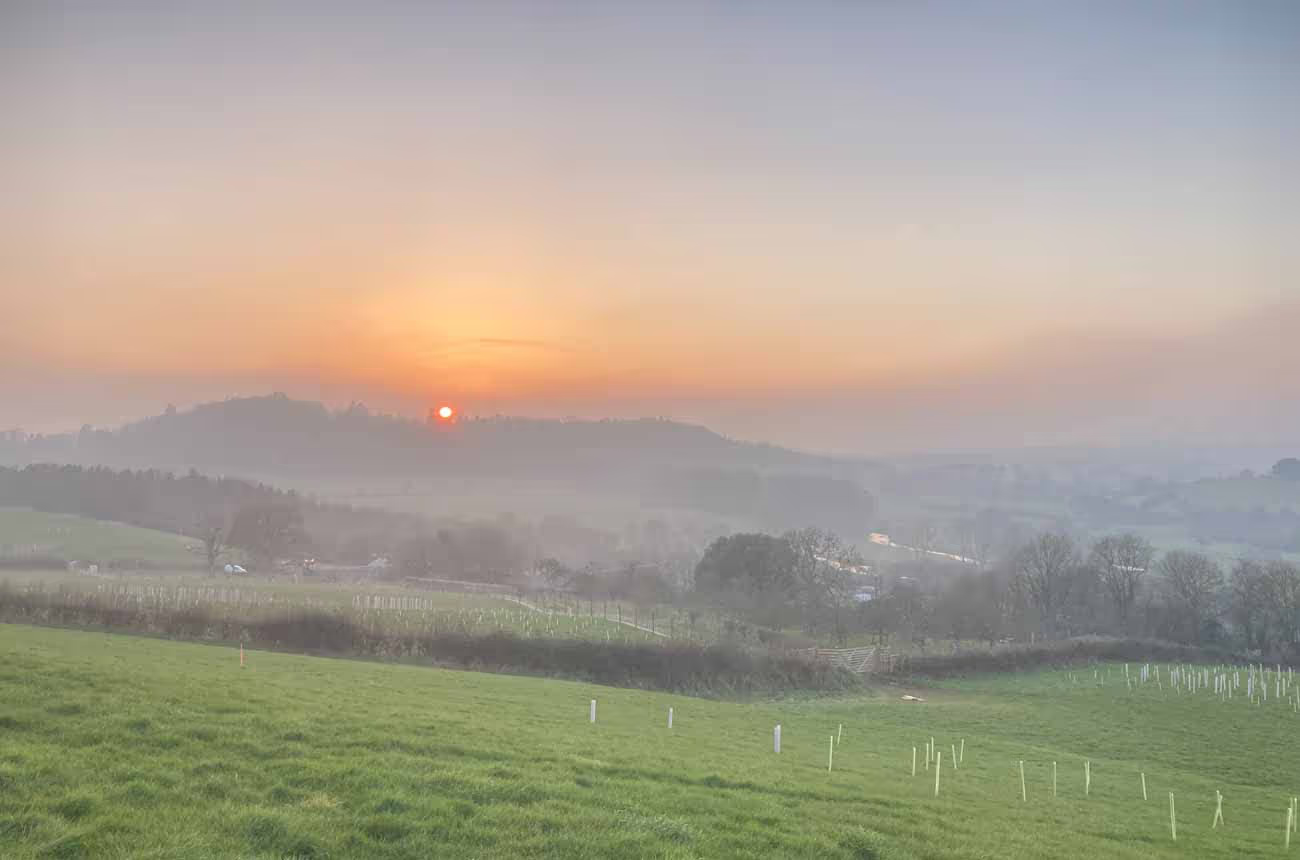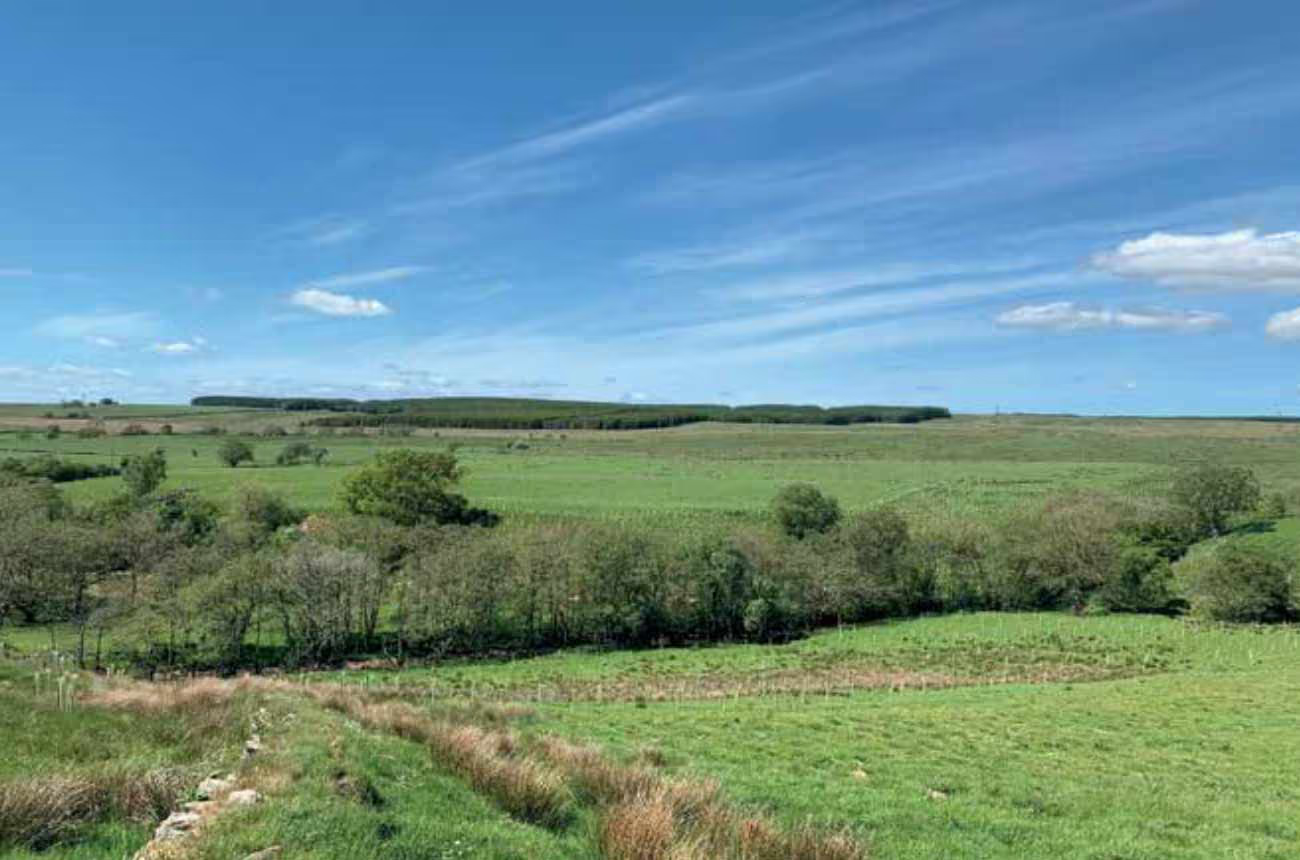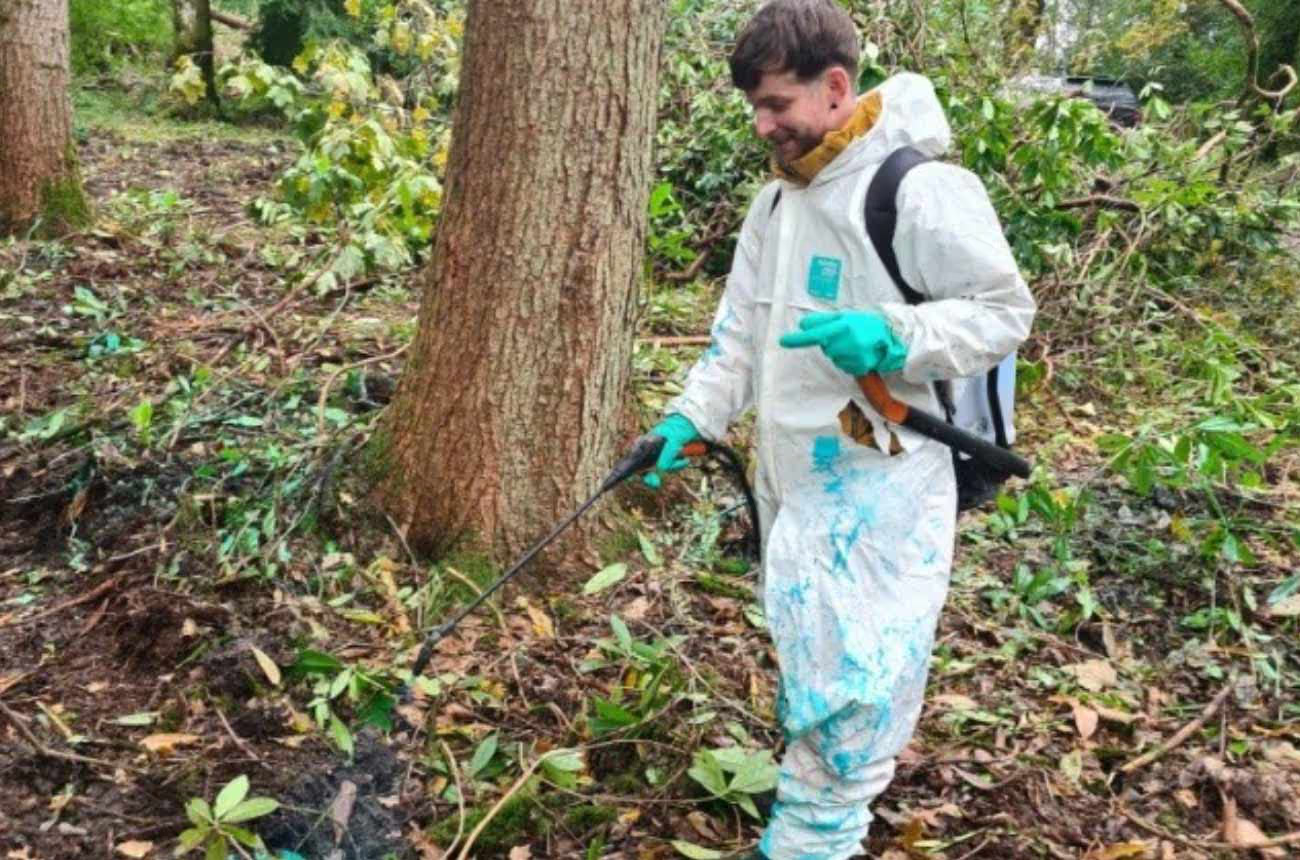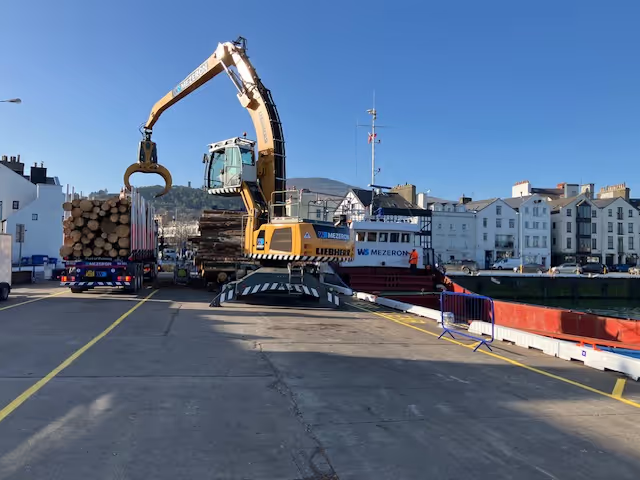
In a first for both Euroforest and the Isle of Man, our team has embarked on a landmark timber marketing and harvesting project, focused on clearing Storm Darragh windblow and exporting round timber to the UK mainland. This marks the first time that round timber has been exported off the island, an exciting step for both the region and Euroforest’s operational footprint.
This project represents a new operational territory for Euroforest, pushing the boundaries of what's previously been done on the Isle of Man. It also plays a key role in enhancing the long-term sustainability of local forests. Much of the timber currently being harvested has exceeded its optimal growth cycle, and by facilitating clear-felling and planned replanting, we are supporting healthier, more productive woodlands for the future.
One of the most significant challenges has been the island’s limited forest road infrastructure, which was originally designed for smaller, 6-wheeled crane lorries. To enable access for 44-tonne flatbed and skeletal haulage units, Euroforest collaborated closely with the Department for Environment, Forestry and Agriculture (DEFA) to carry out key improvements. These included widening forest entrances and adapting the road network to safely support the increased vehicle size and weight.
We have also worked with local Isle of Man-based haulage and shipping partners to establish a reliable export chain—demonstrating our ongoing commitment to collaboration, innovation, and operational flexibility.
This project is a strong example of Euroforest’s values in action. By harvesting overmature timber and supporting replanting efforts, we are enhancing the long-term sustainability and resilience of the Isle of Man’s forests. The operation also required innovative thinking to overcome infrastructure limitations, making it possible to export round timber off the island for the first time. Collaboration has been central to its success, with Euroforest working closely with the Department for Environment, Forestry and Agriculture (DEFA) and local logistics providers to navigate the site’s unique challenges and deliver a practical, long-term solution.
As of July 2025, the project is approximately halfway complete, with 13,500 tonnes of timber successfully exported since operations began in March.
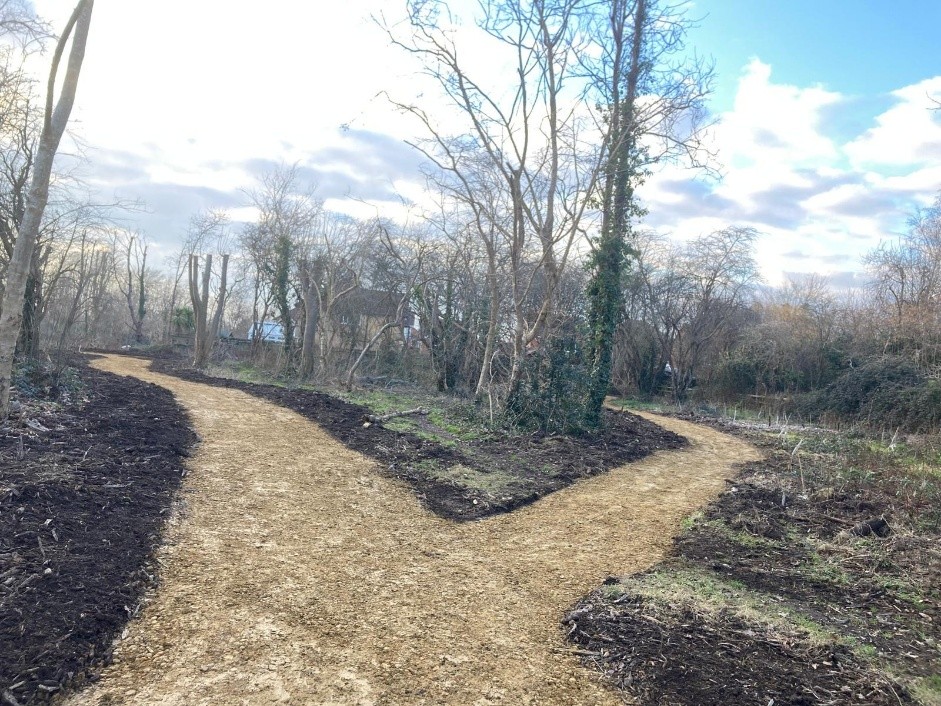
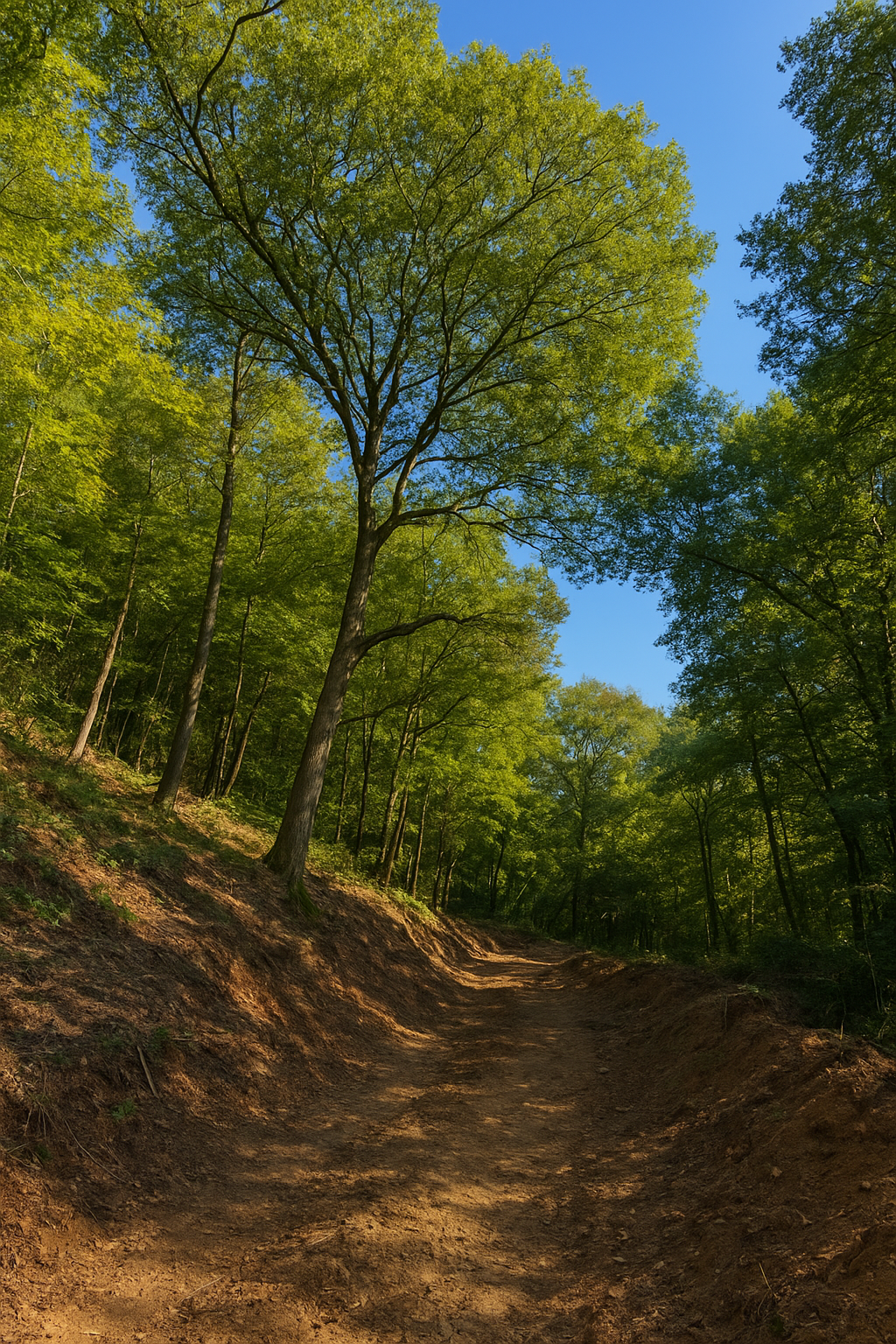
.jpg)
